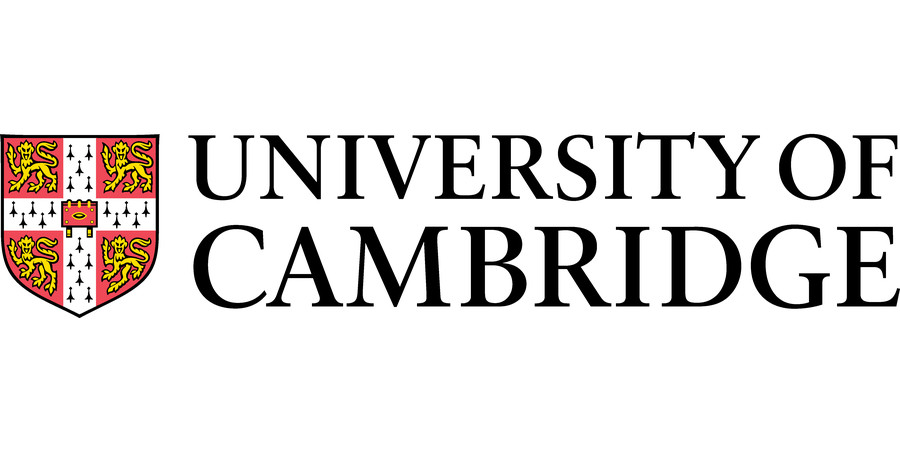PhD Studentship - Phase Discrimination using Resonant Ultrasound Spectroscopy
University of Cambridge - Department of Materials Science and Metallurgy
| Qualification Type: | PhD |
|---|---|
| Location: | Cambridge |
| Funding for: | UK Students, EU Students, International Students |
| Funding amount: | £20,780 Starting Stipend p.a. with a top up of £5,500 p.a. |
| Hours: | Full Time |
| Placed On: | 22nd October 2025 |
|---|---|
| Closes: | 2nd December 2025 |
| Reference: | LJ47630 |
Location: West Cambridge
Funder: EPSRC Industrial Doctoral Landscape Award and Tata Steel
Duration: 4 years from October 1st 2026
Supervisors: Dr David Collins and Prof Howard Stone
Location: The PhD studentship will be based at the University of Cambridge in the Department of Materials Science and Metallurgy as part of the Structural Materials Group. The Structural Materials Group is a diverse and dynamic research team working across aerospace, automotive, energy, defence, and biomedical sectors. The groups expertise includes alloy design, microstructure-property relationships, phase transformations, and advanced materials processing.
Closing date for applications: 2 Dec 2025 with interviews shortly afterwards.
Stipend: Full funding for 4 years covering a personal maintenance stipend starting at £20,780 (current rate) with a top up of £5,500 per annum from Tata Steel.
Fees: This position is open to UK citizens or overseas students who meet the UK residency requirements (home fees) or are able to augment the funds to cover the extra costs associated with international student fees. Exceptional overseas candidates will be considered as candidates for this award and may be eligible for an International Doctoral Scholar award.
Phase discrimination using resonant ultrasound spectroscopy
The microstructures of steel are sensitive to small variations in composition and the conditions experienced during processing. This can lead to variability in their properties that constrain the values that may be quoted in product datasheets. Discrimination of the microstructural constituents using metallographic approaches is challenging due to the fine scale of features and limitations of stereology. Similarly, crystallographic methods such including laboratory X-ray diffraction cannot readily distinguish between closely related structures. An alternative approach to characterise the microstructure is through acoustic methods that exploit the different elastic behaviour of the phases present. In this PhD resonant ultrasound spectroscopy will be utilised to determine the elastic response of selected steels in varying microstructural conditions and correlate the results with the microstructures obtained using microscopy methods. This initial work will utilise untextured samples to avoid complications arising from acoustic anisotropy. Once established, the capabilities of the technique will be extended to consider samples that include crystallographic texture and the monitoring of phase transformation in-situ during heat treatments.
Applicants should have (or expect to be awarded) a good UK Masters degree (or overseas equivalent) in a relevant science subject (Materials Science, Chemistry, Physics, Engineering) and should be self-motivated, able to take ownership of their research, and effectively communicate their research findings. Training in all the computational and experimental methods will be provided in the project, although relevant previous experience would be advantageous.
Applications for this PhD project should be submitted via the 'Apply' button above. Early applications are encouraged as this position may be filled once a suitable candidate is identified.
For further details on postgraduate study at Cambridge, visit the University website. Informal enquiries can be sent to structuralmaterials@msm.cam.ac.uk.
Applicants are asked to upload the following:
- A short research statement (maximum 1 page) describing the applicant's past research, future goals, and why the applicant is interested and suitable for this position.
- A curriculum vitae.
- A publication list.
- The contact details of two referees that can provide a letter of recommendation for the applicant.
The University actively supports equality, diversity and inclusion and encourages applications from all sections of society.
The University has a responsibility to ensure that all employees are eligible to live and work in the UK.
Advert information
Type / Role:
Subject Area(s):
Location(s):









